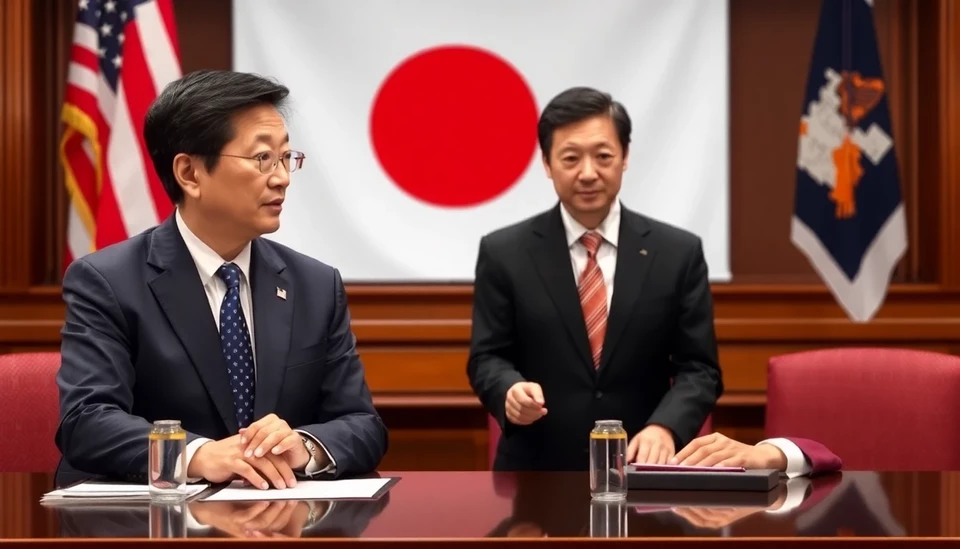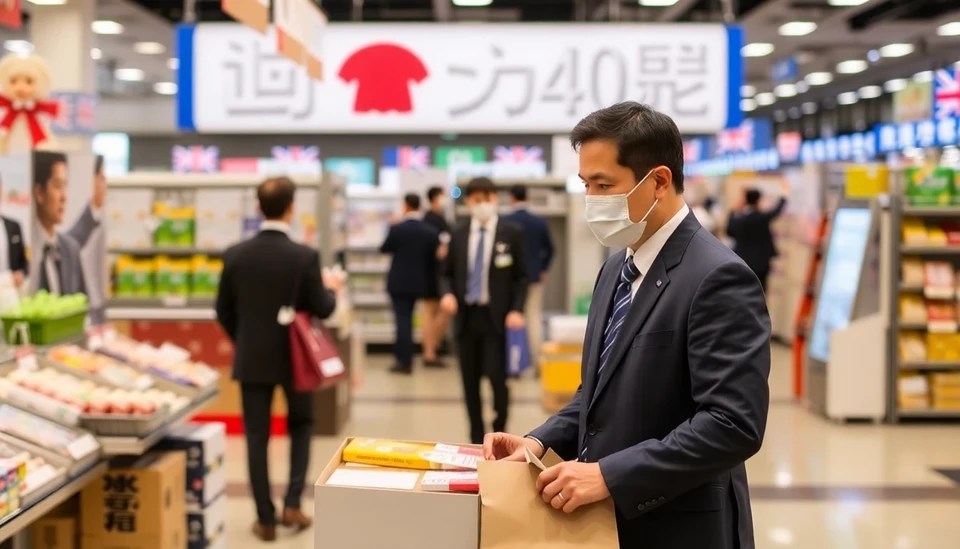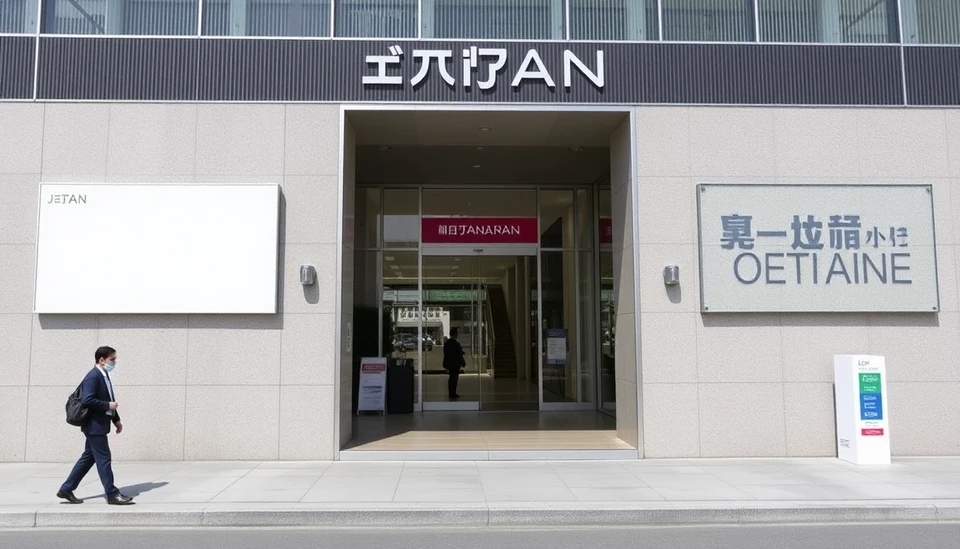
In a striking statement that underscores Japan’s growing fears of heightened economic tensions, the country’s top foreign exchange official has expressed “deep concern” regarding the latest round of tariffs newly implemented by the United States. These tariffs, aimed primarily at Chinese imports, are set to affect a wide range of goods, further escalating trade disputes that have historically had profound implications for the global market.
The official, who is closely monitoring the situation, indicated that these trade barriers have the potential to destabilize not just the Japanese economy but the global economy at large. The recent tariffs mark an expansion of the ongoing trade war between the U.S. and China, with Japan caught in the middle as a crucial ally of the United States and a significant player in international trade.
Sources familiar with the matter revealed that Japan’s Foreign Exchange and Foreign Trade Policy Department believes these developments will not only disrupt established supply chains but could also lead to increased volatility in currency markets. The yen, which is seen as a safe haven asset, may face fluctuations as investors react to potential economic fallout.
As global uncertainty grows, Japan's economic officials are keenly aware of the need to maintain currency stability. The concern is that aggressive U.S. tariff measures could provoke counteractions from China, exacerbating economic strains and potentially leading to retaliatory tariffs against Japanese exports as well.
Historically, fluctuations in international trade policies influence currency values, and Japan remains vigilant in its monitoring of these developments. The Japanese government has urged stakeholders to cooperate closely to avoid further escalation and to work towards multilateral solutions that promote fair trade practices.
Industry experts have noted that the imposition of tariffs often leads to increased costs for consumers and businesses alike. As tariffs cause price hikes on imported goods, Japan, which relies heavily on imports, could see inflation rise due to increased costs of goods, further complicating the economy’s post-pandemic recovery.
In summary, Japan's latest stance reflects a deep-seated anxiety regarding the future of global trade and currency stability amidst ongoing trade tensions. The ramifications, if these tensions continue, may ripple through not only the Japanese economy but also threaten the intricate web of international trade networks that underpin global economic stability.
As discussions surrounding tariffs continue, Japan is advocating for a collaborative approach to trade reform, emphasizing that only through joint efforts can a stable and prosperous economic landscape be achieved.
For updates on currency fluctuations and trade policies, stay tuned to our reports.
#Japan #Exports #TradeWar #Tariffs #CurrencyStability #Economy #GlobalTrade #YenFluctuation
Author: Daniel Foster




